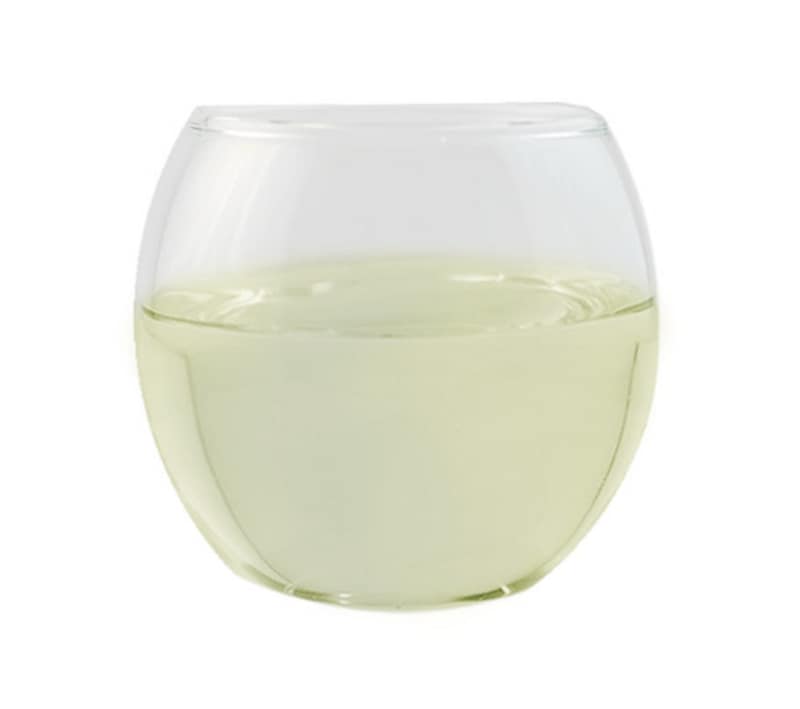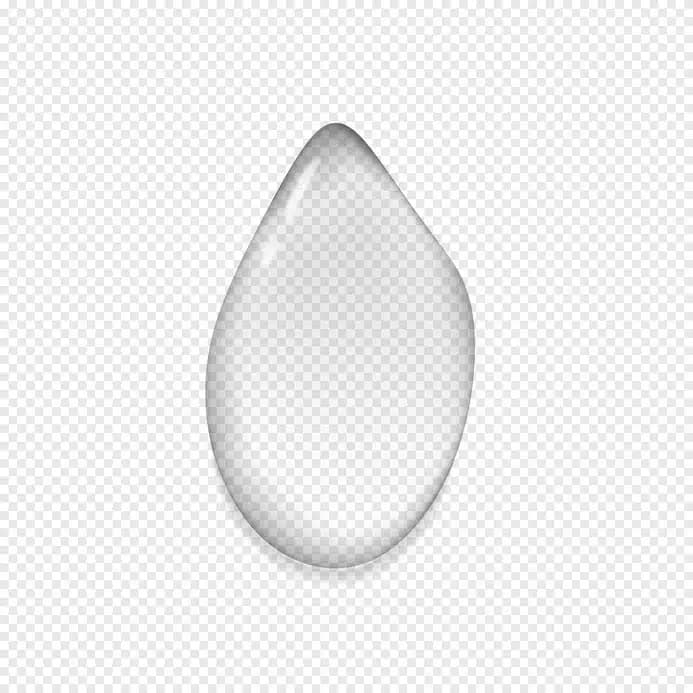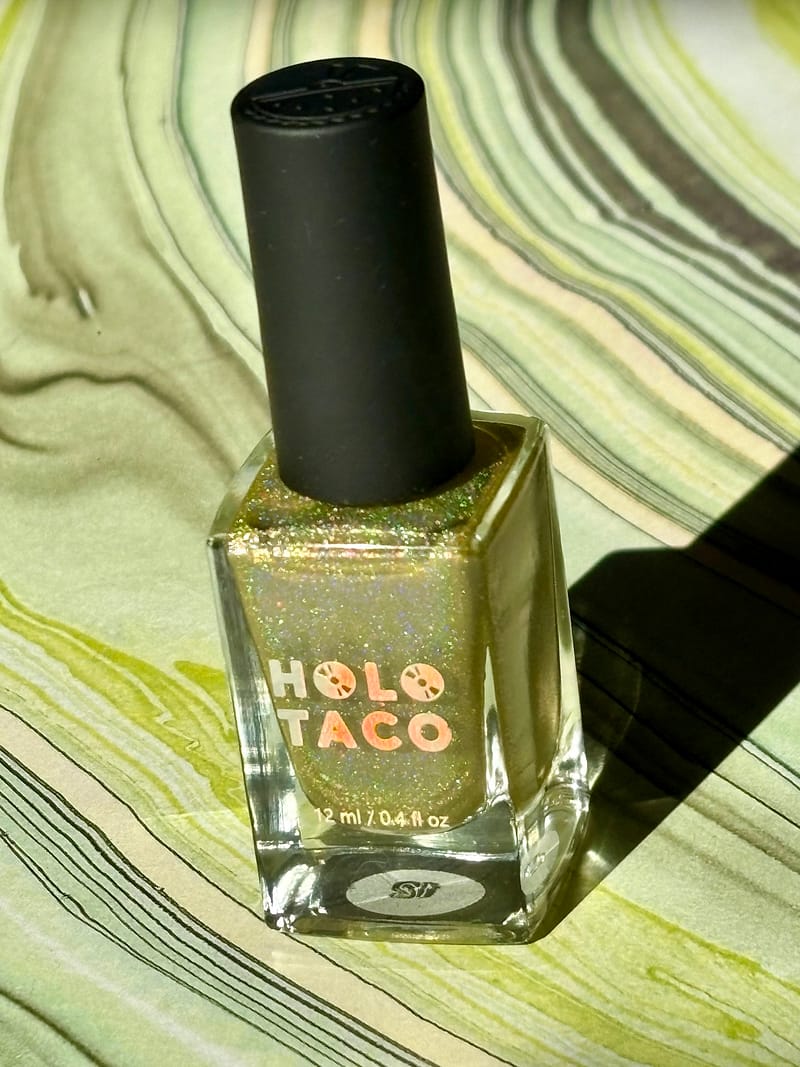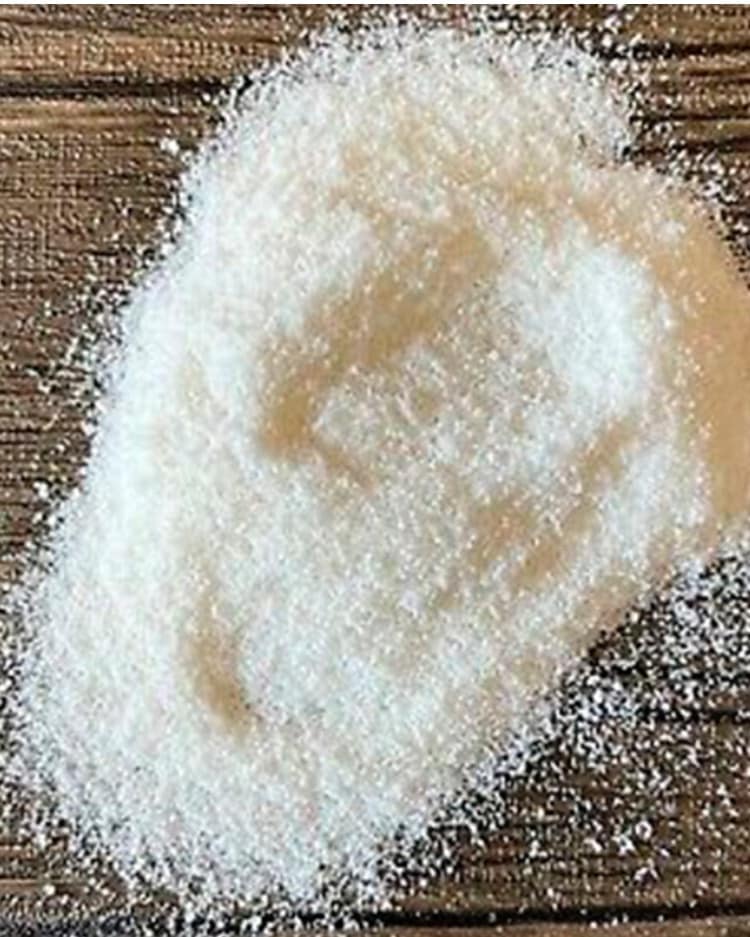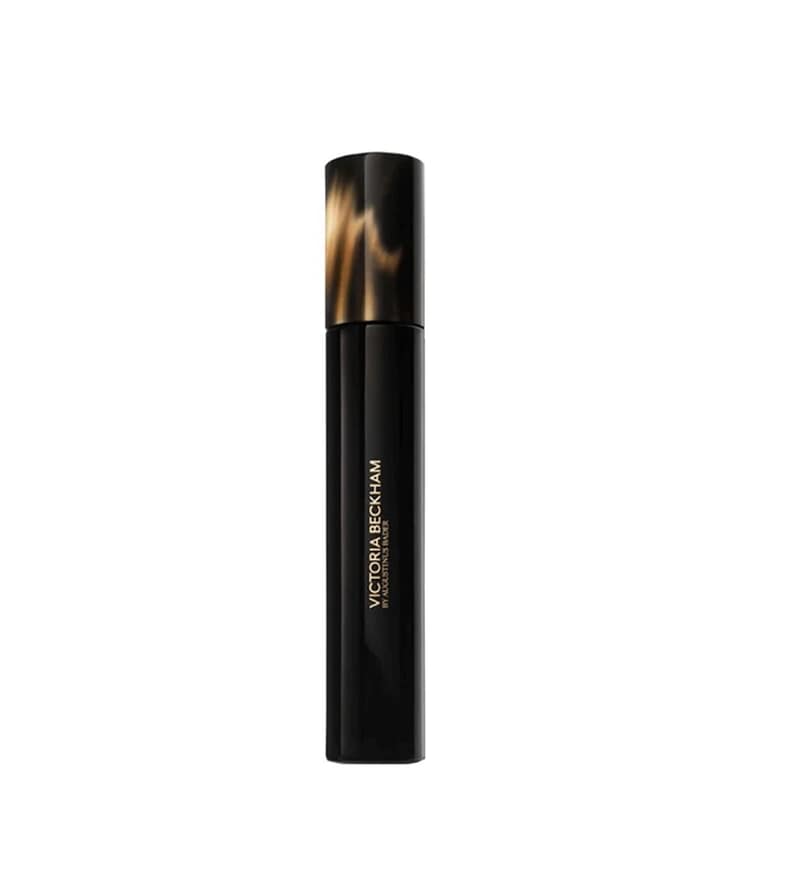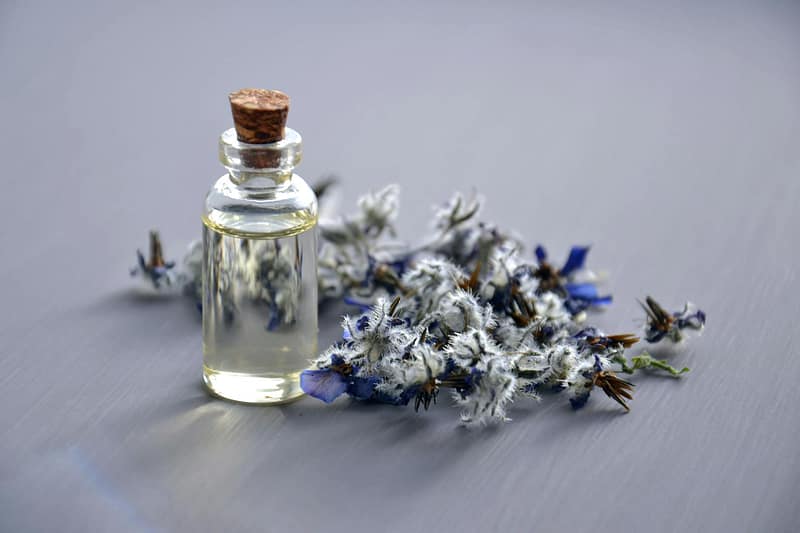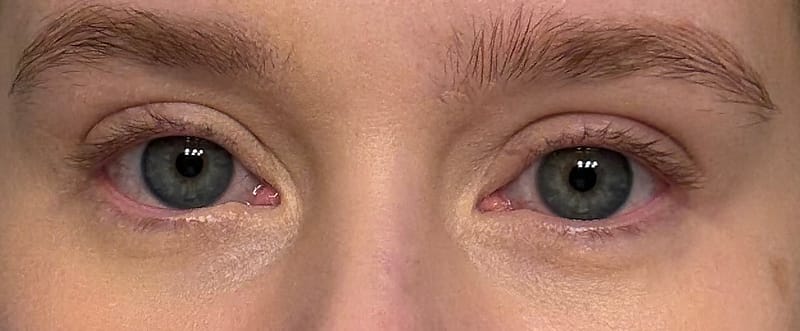Ah yes, PEG-40 Hydrogenated Castor Oil. The kind of name that makes you wonder if chemists are just mashing the keyboard at this point. Spoiler: they’re not. This little multitasker has been hanging around the cosmetic industry longer than TikTok trends last (and honestly, more reliably).
Let’s dig into what it is, why it exists, and whether or not you should care.

Origins: From Grandma’s Laxative to Your Lip Gloss
First, the “castor oil” part. Castor oil comes from the seeds of the castor bean plant (Ricinus communis). Yes, the same plant that produces ricin — the extremely deadly poison featured in like, every spy novel ever. Don’t worry, your moisturizer is not going to off you. The oil itself is safe once properly processed.
Back in the day, castor oil was grandma’s cure for everything from constipation to “you’re being annoying, take this.” Fast forward to modern cosmetic chemistry, and castor oil gets a glow-up: it’s hydrogenated (meaning treated with hydrogen to make it more stable and less greasy) and then hit with PEG-40 (polyethylene glycol, a water-loving molecule) so it can actually mix with water. Boom — you’ve got an emulsifier that lets oil and water live in peace like an episode of Love Island that actually works out.

Uses: The Friend That Shows Up Everywhere
PEG-40 Hydrogenated Castor Oil is basically the backstage crew of your skincare and makeup. You rarely notice it, but nothing runs without it.
You’ll find it in:
- Cleansers → helps wash away oil and makeup without leaving you feeling like a greaseball.
- Serums & lotions → makes sure all those fancy active ingredients actually mix and stay mixed.
- Lip glosses & balms → adds shine without feeling sticky (your lip gloss is literally poppin’ because of it).
- Fragrances → solubilizes perfume oils so your mist doesn’t separate like bad vinaigrette.

Pros: Why We Love Her
- Team Player → Keeps oil and water from separating like your high school friend group.
- Gentle → Generally considered safe and non-irritating (unless you’ve got super sensitive skin).
- Versatile → Works in cleansers, lotions, serums, fragrances, you name it.
- Non-greasy shine → Lip products especially benefit from this — glossy, not gloopy.

Cons: The Shady Bits
- PEG Drama → Anything with “PEG” in the name gets side-eye because of the process, not the ingredient itself. Polyethylene glycols are made with ethylene oxide, which can leave behind trace contaminants like 1,4-dioxane (a known carcinogen). Brands usually purify the heck out of it, but the “what if” lingers.
- Sensitive Skin Reactions → Rare, but some people do get irritation.
- Natural? Not Quite → The castor oil part sounds earthy-crunchy, but once it’s hydrogenated and PEG-ified, it’s basically a lab creation. If you’re a hardcore “all natural” purist, you might clutch your essential oils and say no thanks.

Scandals, Because Every Ingredient Has Receipts
- The “PEG Backlash” → PEG ingredients in general have gotten roasted by the “clean beauty” crowd for being potentially contaminated and “toxic.” Cue lots of brands slapping PEG-free on their packaging for marketing clout.
- Castor Oil Confusion → People love to mix up castor oil’s wholesome DIY image with ricin’s murderous rep. For the record: PEG-40 Hydrogenated Castor Oil is not going to turn your cleanser into a spy weapon.
- Greenwashing Fights → Some brands argue this ingredient is perfectly safe, others scream that it’s a “petrochemical demon.” Reality: it’s fine, regulated, and widely used — but the discourse is juicier than it probably deserves.

Final Verdict:
PEG-40 Hydrogenated Castor Oil is like that dependable friend who helps you move but never brags about it. Not flashy, not glamorous, but absolutely clutch when you need things to work. It’s safe for most people, it keeps your lip gloss shiny, and it makes sure your fancy serum doesn’t separate into a sad science project.
Should you avoid it? Only if you’re ultra-sensitive, or if your skincare philosophy is “if I can’t forage it, I won’t use it.” Otherwise, let PEG-40 do its thing in peace.
Further Reading:
“All About PEG-40 Hydrogenated Castor Oil.” New Directions Aromatics. December 7, 2018.
Carnahan, Jill. “Is Polyethylene Glycol (PEG) Toxic? A Look at Its Known and Emerging Side Effects.” Dr. Jill. March 3, 2022.
Domanska, Martina. “PEG-40 and Its Hidden Risks in Cosmetics.” Fewer. July 27, 2024.
“PEG-40 Hydrogenated Castor Oil.” Special Chem. November 28, 2022.
Stordahl, Desiree. “PEG-40 Hydrogenated Castor Oil.” Paula’s Choice Skincare.
